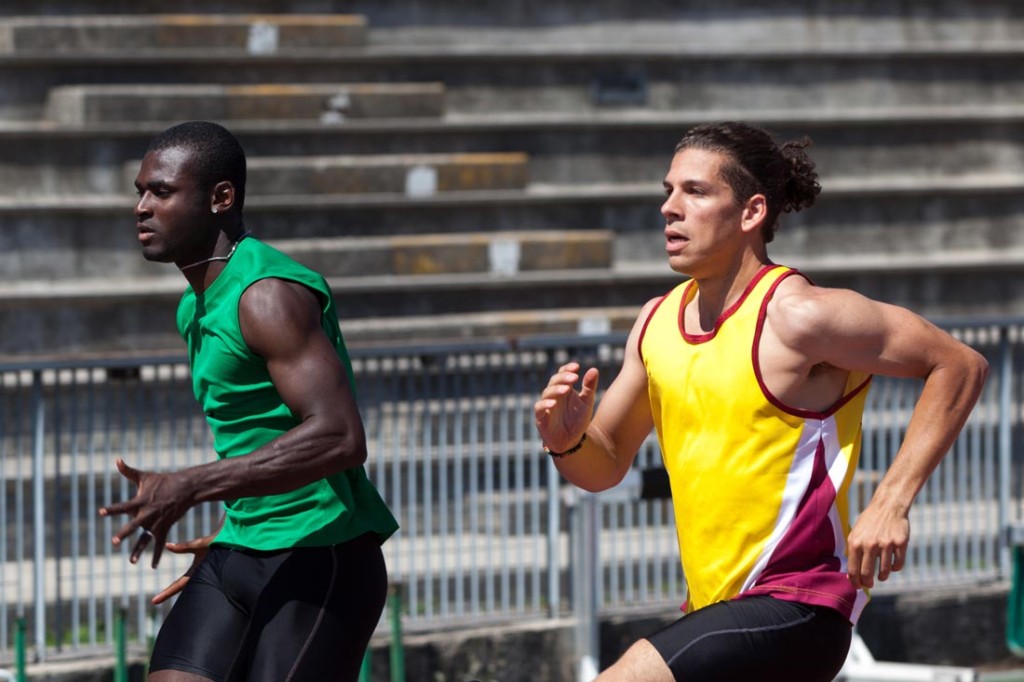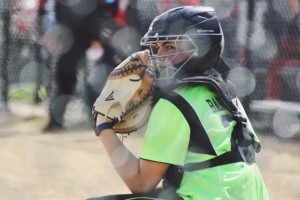Why gaining an athlete’s permission is so important before they will accept feedback from you
By Mim Haigh, Sports Writer – Athlete Assessments
Permission is sometimes overt and sometimes it’s implied, but either way it must be present before an athlete will accept feedback on their performance. By permission we mean granting you the right to help or assist an athlete improve through your feedback or other actions. Permission means they allow you and will therefore accept your help.
If an athlete is willing to listen to feedback from another athlete, teammate, peer or coach, it means they have respect for that person, they’ve given them permission to provide feedback about their performance. They think that person has something to offer, they have some kind of perspective on the athlete’s performance, beyond the window of self-reflection that the athlete has on themselves. Typically, they understand or share the athlete’s goals, efforts and mental landscape.

If the athlete responds to feedback with hostility, the first question to ask is whether the person delivering the feedback has the athlete’s permission, not whether the feedback is correct or not, or whether the athlete has a problem accepting feedback.
Part of being a successful athlete, is filtering the opinions that matter and opinions that don’t, sometimes that judgement might be misplaced or quite simply the process of gaining an athlete’s permission might take a little more time and deliberate effort.
It’s important as a coach to ensure that you have all of your athlete’s permission to provide feedback. Marlene Bjornsrud, one of the highly successful sports professionals Athlete Assessments works alongside with in some coach development programs we’re both involved in, says, “connect before you direct”. This phrase is extremely pertinent to any conversation about permission. It’s a simple way of saying make sure your athletes recognize you as someone they want feedback from.

Fostering permission amongst athletes within your teams is vital. Productive and supportive intra-team relationships can exponentially improve performance output. Team members can give each other feedback that’s unique, they can provide insight into performance from an angle that nobody else is privileged to share.
Bo Hanson, author of Athlete Tough explains that the successful teams he’s worked with create environments where athletes provide feedback for one another. Hanson says, “giving and accepting feedback on your teammates’ performance can be challenging if your athletes are not used to this process. We’ve worked with professional athletes and teams where we had to take steps to create this process and examine the team’s culture. We put signs up in the team’s training facility that said, “my teammates give me feedback because we care”. Once this groundwork was laid, and the reasons for feedback were established, an environment existed where the players had effectively given each other permission to give feedback on each other’s performance.”
Team dynamics are stronger when athletes and teams work together exploring common goals, building shared experiences, getting to know each other and themselves. These commonalities, shared goals and understandings create trust and safe zones for athletes to give one another feedback about their performances.
The Athlete Tough program was purposefully created so that athletes and coaches could tackle the topics in weekly instalments, consequently creating shared mental landscapes and experiences which contribute to a space where athletes can give one another critical feedback. Permission can be a consequence of teams undertaking the program together.
Where to from here?

Inspiring Athlete Tough quotes
When things get tough or motivation is wavering, many people turn to a motivational quote for a burst of inspiration. We can also use inspirational

Mind Control
Getting yourself to shut down your brain and be ‘mindless’ isn’t always easy. Especially in those game defining moments, or when your team members are




